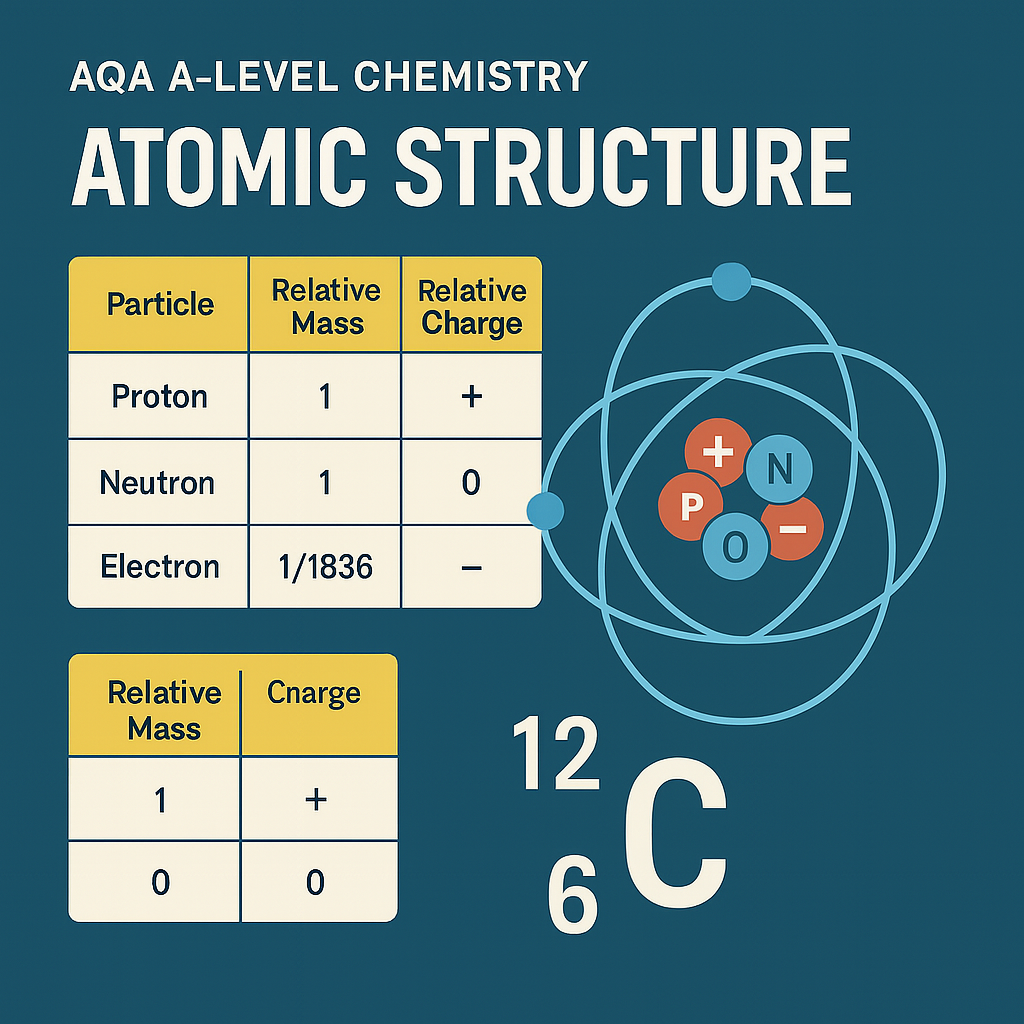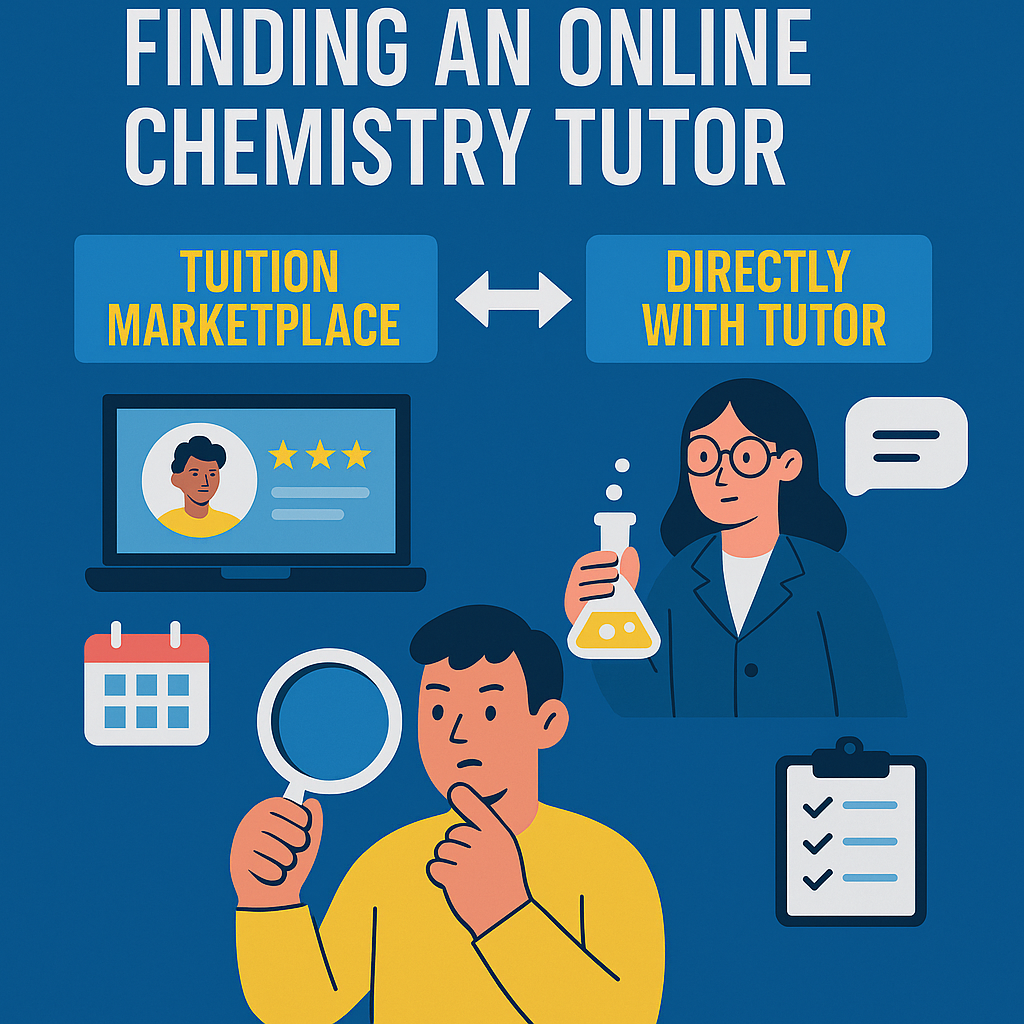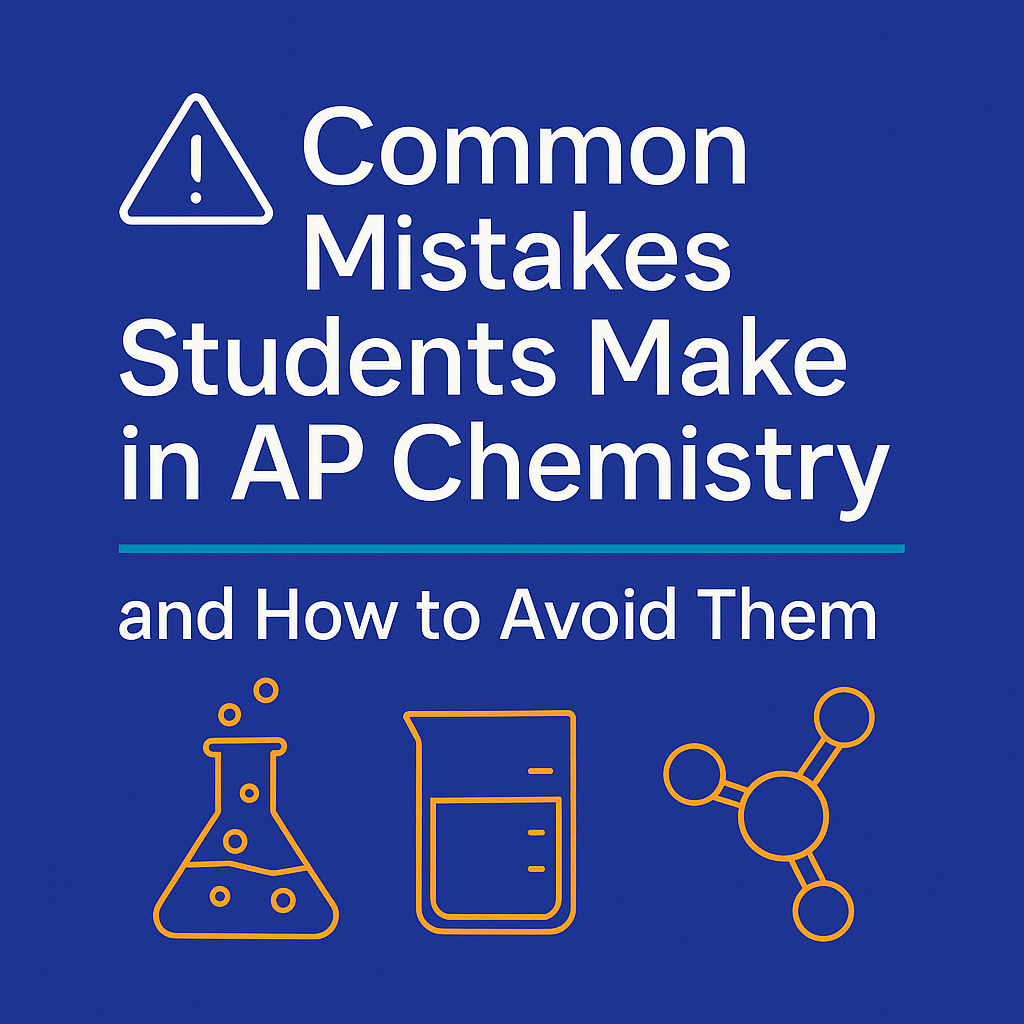Online Tutoring vs In-Person Tutoring: Which Is Best for Your Child?
Choosing between online and in-person tutoring depends on the student's needs and context.
Choosing a tutor can feel like a big decision—especially when you’re weighing the pros and cons of online vs in-person lessons.
Will online tutoring be engaging enough?
Is face-to-face tutoring more effective?
Will one lead to better results?
If you’re a parent considering Chemistry tuition for your child—whether at GCSE or A-Level—this guide will help you confidently decide which format is the best fit for your child’s goals, learning style, and lifestyle.
First: Does Format Actually Affect Results?
Yes—but not in the way many people expect.
Research shows that both online and in-person tutoring can be equally effective, as long as:
The tutor is experienced and subject-specialist
Sessions are regular and tailored
The student is engaged and supported
So, the real question isn’t “which is better universally?”
It’s: Which one is better for your child?
Let’s break down the key differences.
What Are the Advantages of Online Tutoring?
Online tutoring has seen a huge surge in popularity—and for good reason. It’s flexible, focused, and full of opportunity.
1. More Choice = Better Tutors
Your location no longer limits you
You can work with highly qualified tutors from anywhere in the UK (or beyond)
Specialist Chemistry tutors with A-Level and exam board expertise are more accessible
🎯 The best Chemistry tutor for your child might not live in your area—but they’re just one Zoom call away.
2. Greater Flexibility and Convenience
No travel time (saves 30–60 mins per session)
Easier to fit around school, clubs, and family life
Last-minute session changes or holiday lessons are easier to arrange
Lessons can be recorded (with permission) for later review
3. Use of Smart Tools and Tech
Online whiteboards and screen sharing make explanations clear and interactive
Students can access resources, mark schemes, and past papers instantly
Annotated PDFs, live exam question walkthroughs, and Google Docs all enhance learning
💡 With the right tutor, online Chemistry feels just as interactive—if not more—than face-to-face.
What Are the Advantages of In-Person Tutoring?
In-person tutoring remains a popular choice, especially for younger students or families who prefer face-to-face interaction.
1. Suited to Younger or Neurodiverse Learners
Some students engage better with a physical presence
Easier to read body language and pick up on non-verbal cues
Less reliance on screen stamina—useful for KS3 or Year 10 students who find online learning tiring
2. Whiteboard, Paper-Based Learning
Easier to use paper-based resources like printed worksheets, mind maps, or textbooks
Can use physical manipulatives or lab kits for certain subjects (though less relevant to Chemistry at GCSE/A-Level)
3. Potentially Fewer Tech Distractions
No internet glitches or login issues
Some students stay more focused with someone physically in the room
🔍 But remember: many online tutors are trained to keep students highly engaged, even on screen.
Online vs In-Person: Which Is Better for A-Level and GCSE Chemistry?
Let’s compare the formats based on what matters most for Chemistry tutoring:
Online vs In-Person: Which Is Better for A-Level and GCSE Chemistry?
Verdict: For most GCSE & A-Level Chemistry students, online tutoring offers more flexibility and access to subject specialists, without sacrificing quality.
What Should Parents Consider Before Choosing?
1. Your Child’s Learning Style
Independent and tech-savvy = likely to thrive online
Needs close supervision or highly visual/kinesthetic input = may prefer in-person (especially at KS3)
2. The Quality of the Tutor
A brilliant online tutor is more effective than an average in-person tutor—and vice versa. Focus on:
Subject qualifications (especially for A-Level Chemistry)
Experience with your child’s exam board
Reviews and testimonials
Willingness to personalise support
3. Your Schedule and Practical Needs
Busy weeknights or long commutes? Online tutoring removes friction.
Prefer fixed weekly routines at home? In-person might suit.
🧭 Hybrid or Trial Models
Some families start with a trial online session before deciding. Others try a few sessions both ways to compare.
You might even combine formats—e.g. weekly online tutoring with in-person sessions near exams.
The key is what works best for the individual student.
Final Summary: Online or In-Person—Which One’s Best?
Choosing between online and in-person tutoring depends on the student's needs and context. Online tutoring is ideal for students who need access to subject experts beyond their local area, have busy schedules, or are tech-savvy and independent.
In-person tutoring may be better for students who experience screen fatigue, have learning difficulties, or are younger and benefit from face-to-face support. It’s also preferred when parents value a tutor being physically present at home.
Why Many Chemistry Students Are Choosing Online
At Chemistry Tutor Online, students from Year 10 to Year 13 receive:
Expert 1:1 tuition from a PhD-qualified Chemistry tutor
Support for AQA, OCR, and Edexcel exam boards
Structured revision, exam preparation, and confidence building
Flexible scheduling around school, holidays, and family life
💬 "I was nervous about online lessons at first—but Marguerite made them feel completely natural. My daughter looks forward to every session." — Year 12 Parent
Still Unsure?
👉 Book a 15 mins consultation to explore whether online Chemistry tutoring is right for your child. You’ll get a clear plan, honest recommendations, and no obligation to continue.






Understand AQA A-Level Chemistry Section 3.1.1.2 on mass number and isotopes. Learn key definitions, isotope notation, calculations, and how this topic builds your scientific and exam skills.